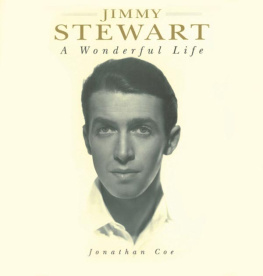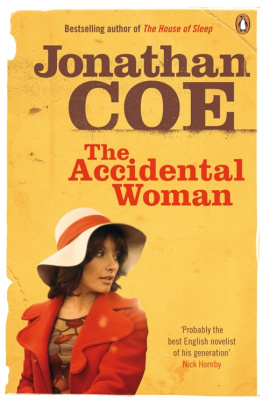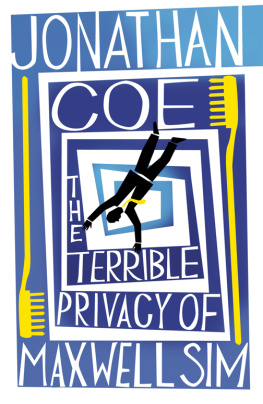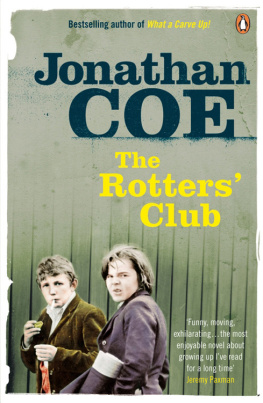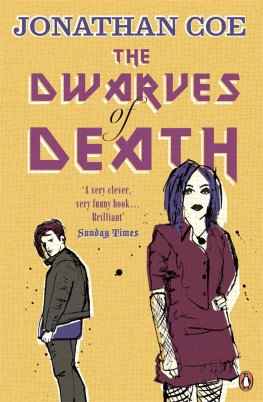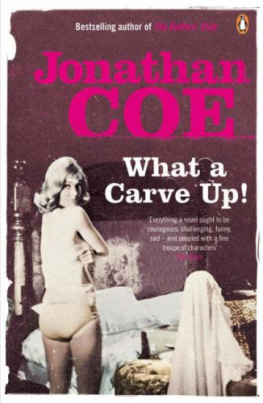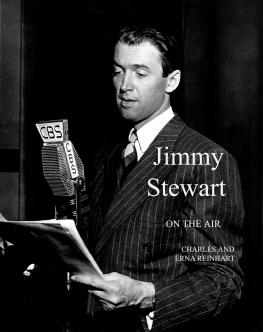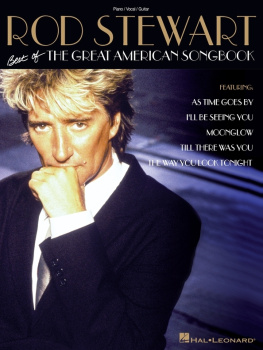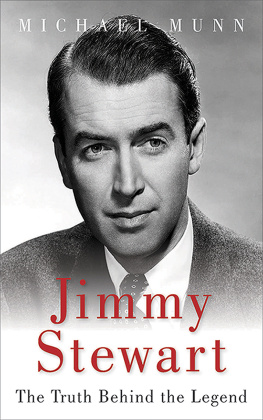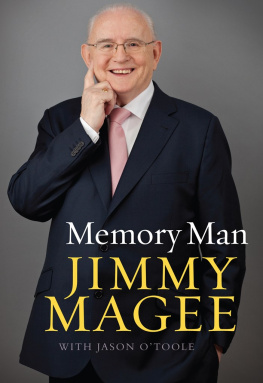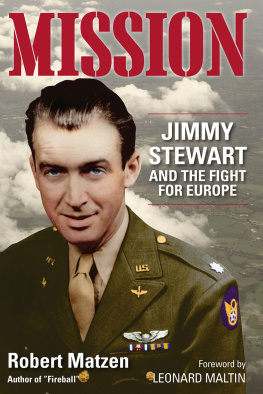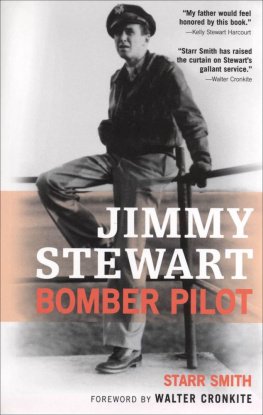

Copyright 1994, 2013 by Jonathan Coe
All Rights Reserved. No part of this book may be reproduced in any manner without the express written consent of the publisher, except in the case of brief excerpts in critical reviews or articles. All inquiries should be addressed to Arcade Publishing, 307 West 36th Street, 11th Floor, New York, NY 10018.
PICTURE SOURCES
Aquarius
Ronald Grant Archive
Hulton-Deutsch Collection bottom
Imperial War Museum
Katz/Snap
Kobal Collection,
Moviestore top
New York Public Library
Pictorial Press
Popperfoto top
Princeton University Library
Picture Research by Anne-Marie Ehrlich
Arcade Publishing books may be purchased in bulk at special discounts for sales promotion, corporate gifts, fund-raising, or educational purposes. Special editions can also be created to specifications. For details, contact the Special Sales Department, Arcade Publishing, 307 West 36th Street, 11th Floor, New York, NY 10018 or .
Arcade Publishing is a registered trademark of Skyhorse Publishing, Inc., a Delaware corporation.
Visit our website at www.arcadepub.com.
10 9 8 7 6 5 4 3 2 1
Library of Congress Cataloging-in-Publication Data is available.
ISBN: 978-1-61145-712-4
Printed in China
For my parents
A CKNOWLEDGMENTS
In these days of VCRs and satellite dishes everyone has become a film archivist, and I would like to thank Julian Knott, Jenny Cheshire, Malcolm Daintry and Chris Stevens for supplying me with copies of hard-to-find films. Thanks also to the staff of the BFI Library and Viewing Services for their constant helpfulness.
Contents
T HE I DEAL W AY TO M AKE P ICTURES
1908-1938
E VERYBODY S A LL -A MERICAN
1938-1941
T OUGHEN I T U P
1941-1950
M ANN S S TEWART : A L ITTLE ON THE C RAZY S IDE
1950-1955
H ITCHCOCK S S TEWART : E VERYMAN IN B IZARRE S ITUATIONS
1954-1958
W RESTLING WITH R EALITY
1958-1993
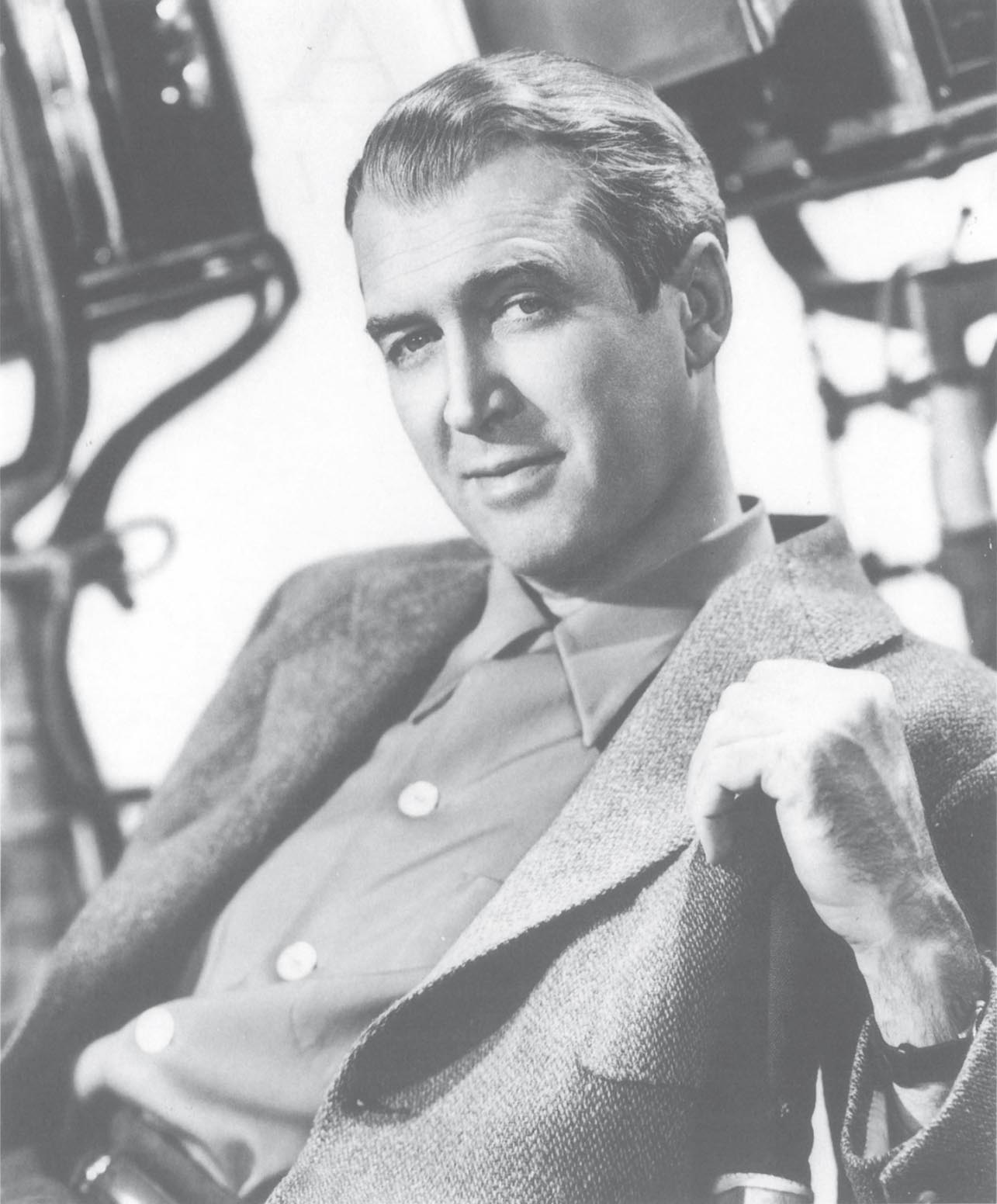
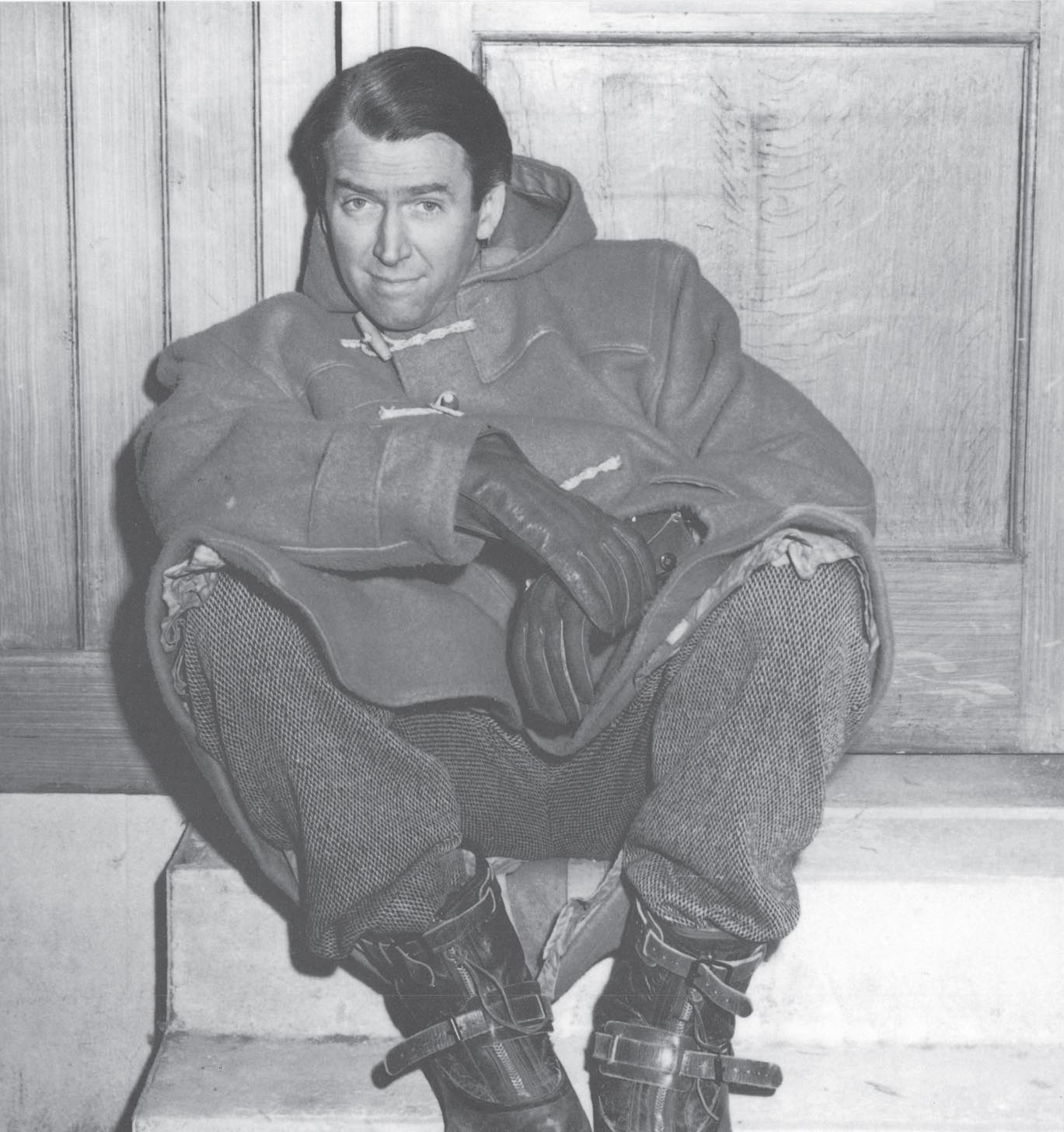
Relaxing on the set during the shooting of N O H IGHWAY .
I NTRODUCTION
James Stewart should be approached with care; perhaps even with reverence. Few other actors have been held in such esteem within their own profession, or in such affection by the public. Andrew Sarris famously labelled Stewart the most complete actor-personality in the American cinema; David Thomson got closer to the secret of his appeal by calling him one of the most trusted of American actors; while for Robert Horton, the truth is even starker: Stewart may quite possibly be Americas most beloved man.
Curiously, much of that love continues to centre upon a myth upon the figure of the incorruptible American patriot, a part that Stewart in fact played only a handful of times and which is crystallised in a film now more than fifty years old. But the implications of Frank Capras Mr Smith Goes to Washington have reverberated throughout his career. A glance at the names of some of Stewarts characters bears this out: Jefferson Smith became Thomas Jefferson Destry, who became Tom Jeffords who became Jeff Webster; and then there was Bill Smith and Lawrence Smith to say nothing of Bill Lawrence. Stewart has been happy to assume the rle of Americas Everyman in his public life, and happy to reprise variations of it in film after film; but what needs to be emphasised is how extreme and complex some of those variations were.
It detracts nothing from Stewarts integrity, in other words, to point out that his screen career is actually riddled with contradictions. He was a stalwart of Hollywoods Golden Age who rose through the ranks when the studio system was at its height, but even in his earliest films he gave performances that nowadays seem strikingly modern in technique. Cary Grant, with whom he acted only once, expressed this very clearly when he remarked, Cyclically speaking, Jimmy Stewart had the same effect on pictures that Marlon Brando had some years later. Jimmy had the ability to talk naturally. He knew that in conversations people do often interrupt one another and that its not always so easy to get a thought out. It took a little while for the sound men to get used to him, but he had an enormous impact. And then, some years later, Marlon came out and did the same thing all over again but what people forget is that Jimmy did it first.
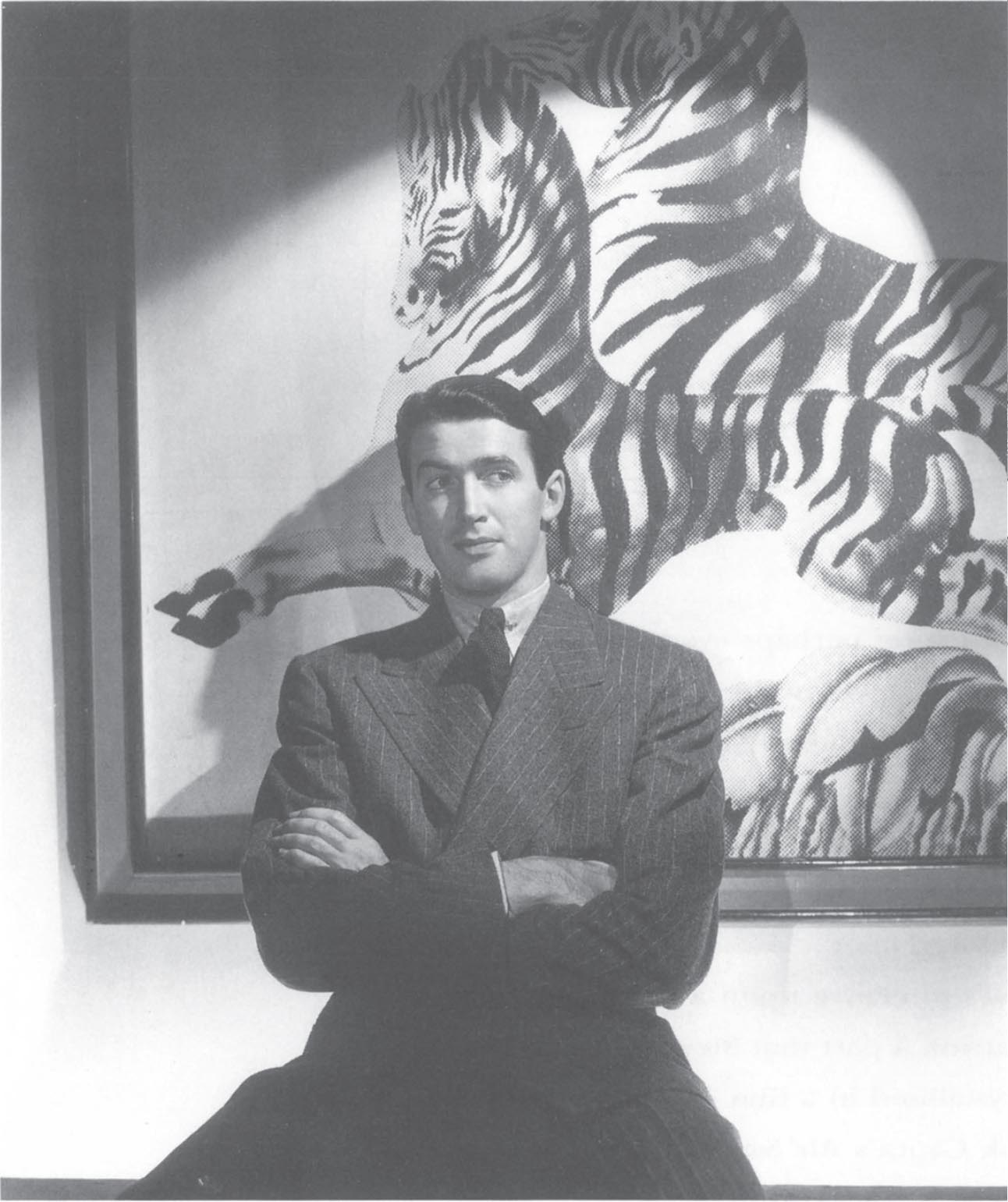
Then there is the question of Stewarts politics, and how they have frequently gone against the grain of his acting career. His lifelong Republicanism, impressed upon him very firmly by his parents, but then tempered by the liberalism of his closest friends in the 1930s (Henry Fonda, Josh Logan, Burgess Meredith), has solidified and grown ever more inflexible over the years. Now and again it has flared up in his films few people would regret the loss of Strategic Air Command or The FBI Story , I suspect but whats more interesting is how fully he has been prepared to commit himself to projects that never sat very comfortably with his own values. Thus he has made pacifist statements in Shenandoah , undermined the very basis of the Old West in The Man Who Shot Liberty Valance and has even, in Mr Smith itself (not that he or Capra ever realised it), drawn damaging attention to loopholes in the capitalist system. You might say that the only one of his films to do lasting harm in the political arena was The Stratton Story; and that was because Ronald Reagan was so mortified when Stewart landed the starring part, snatching it from under his nose, that he decided to give up acting altogether and devote himself full-time to the Republican cause.
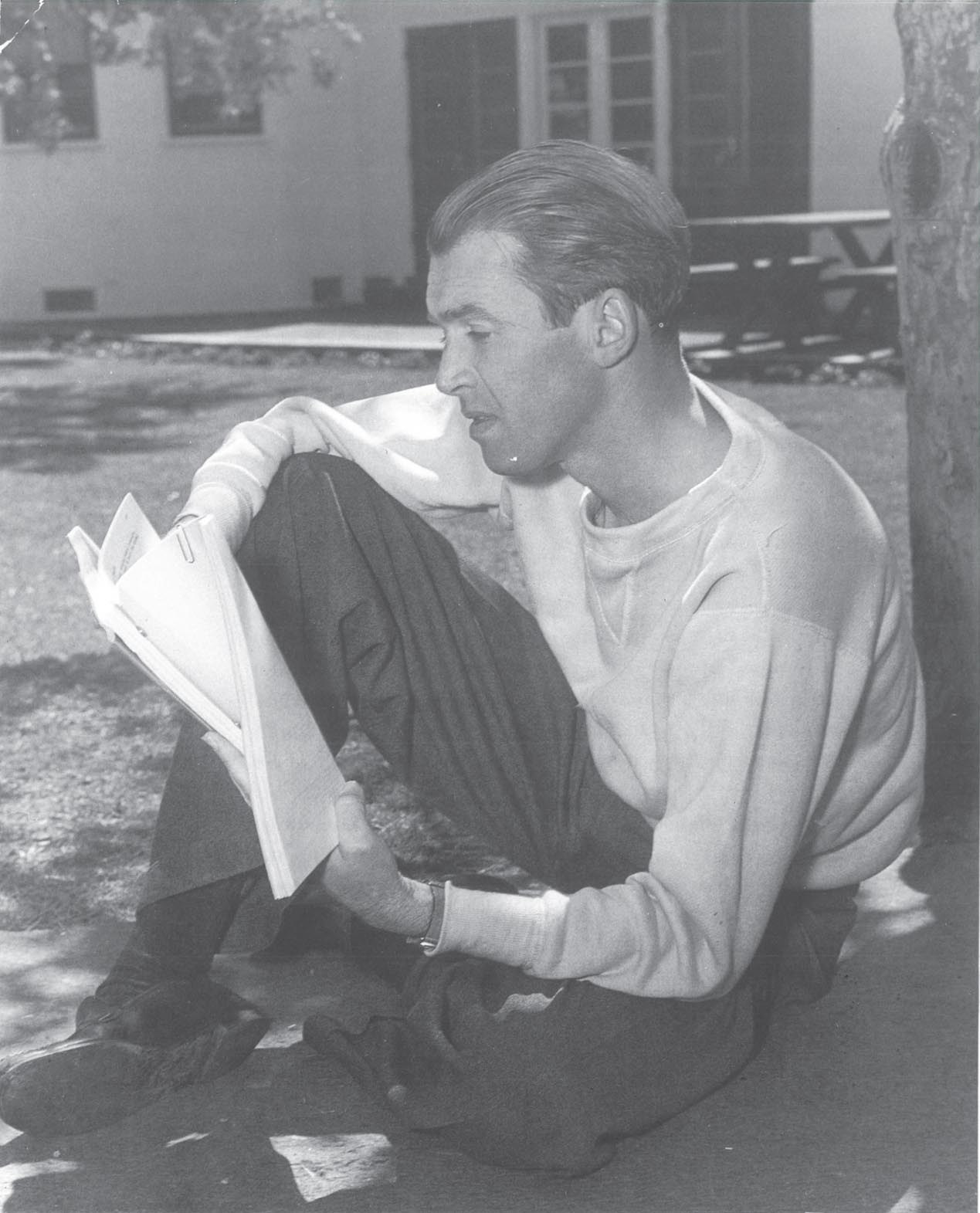
On the set of I T S A W ONDERFUL L IFE .
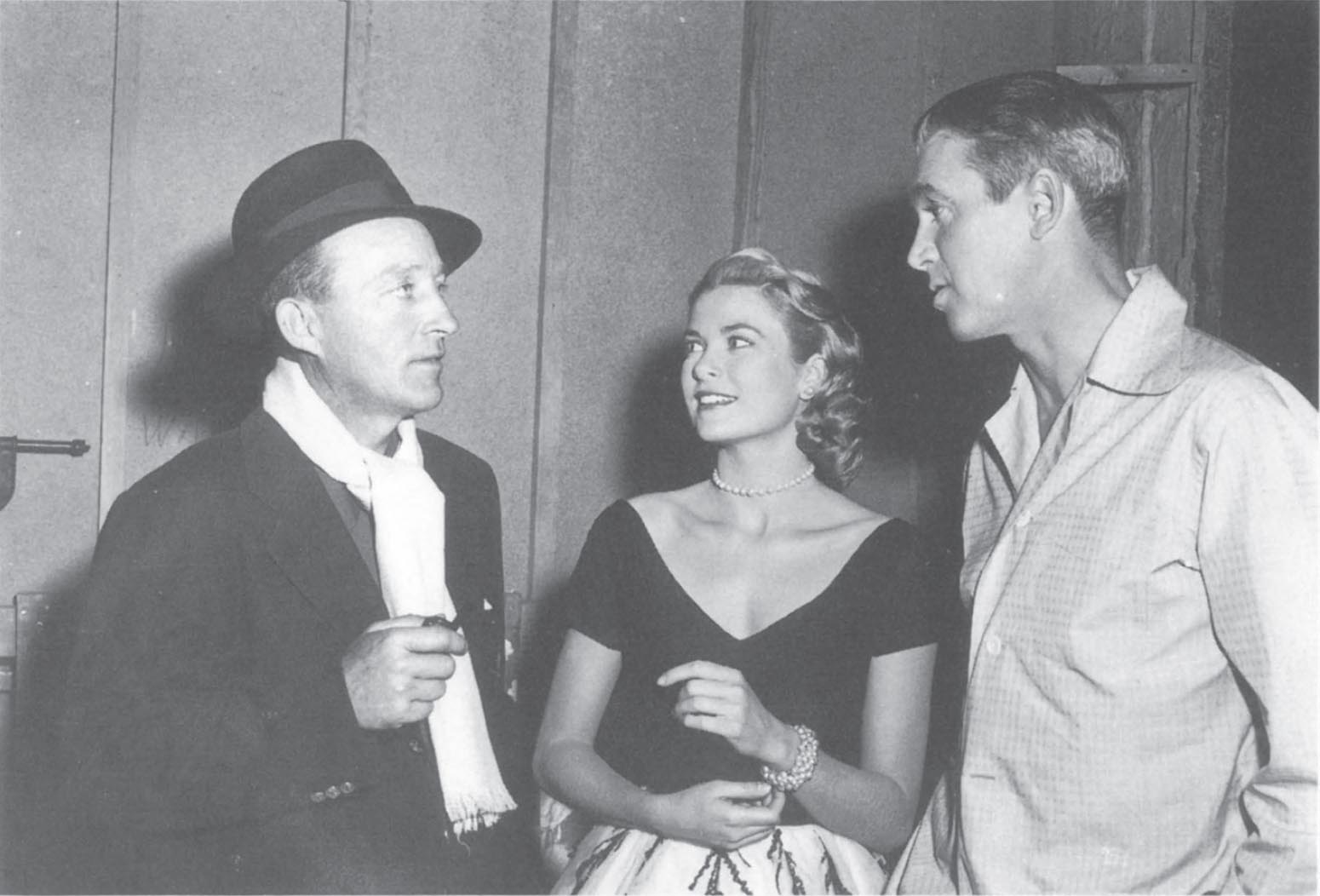
Bing Crosby soon to co-star with Grace Kelly in H IGH S OCIETY visits the R EAR W INDOW set.
In 1934 Hedda Hopper urged Stewart to come to Hollywood by insisting that the movies need someone as clean and sincere as you. There will always be a hard core of admirers who persist in finding him reductively wholesome, who see in him nothing more than the cinematic equivalent of Moms apple pie (whose virtues he really does hymn in The Shopworn Angel ). But many of Stewarts key performances whether he likes it or not are subversive of this image: Its a Wonderful Life shows that small-town cosiness can only be bought at a terrible personal cost; Harvey argues that alcohol-induced euphoria is preferable to family life; the Anthony Mann Westerns uncover violence and neurosis at the heart of the cowboy hero; and Vertigo suggests that male desire, the bedrock of American family values, is founded upon a tragic obsession with manipulation and control. In lending himself to these extraordinary films, Stewart somehow managed to retain the loyalty of his mainstream audience while willingly putting himself further out on a limb than any comparable actor of his generation.
Next page
